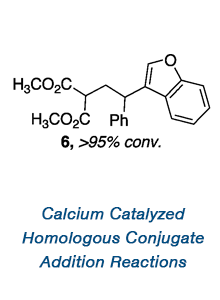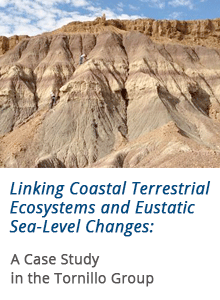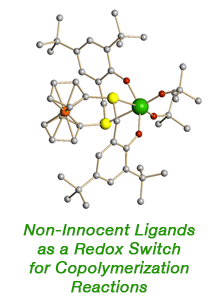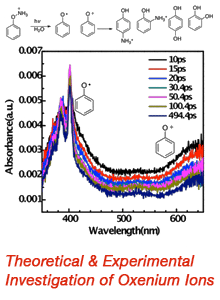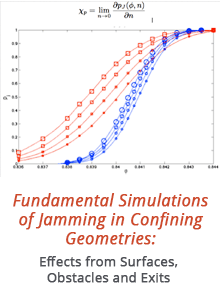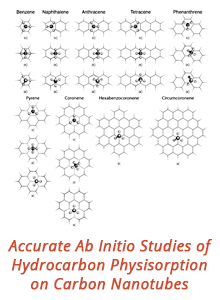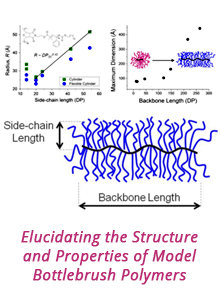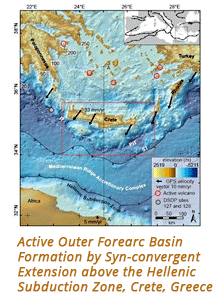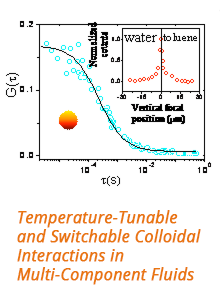58th Annual Report on Research 2013 Under Sponsorship of the ACS Petroleum Research Fund
Reports: UR152168-UR1: Development and Mechanistic Studies of New Applications for the Mitsunobu Reaction
Rongson Pongdee, PhD, Sewanee: The University of the South
During the most recent grant period, we have been involved in the development of new applications for the Mitsunobu reaction. Specifically, we have been targeting the preparation of N,N-diethylbenzamides owing to their frequent use in directed-ortho-metalation (DoM) chemistry for the incorporation of various functional groups onto aromatic scaffolds. Additionally, we believe that our variant of the Mitsunobu reaction proceeds via a non-classical mechanism involving the intermediacy of an acyloxyphosphonium ion rather than the commonly accepted alkoxyphosphonium ion.
Previously, we had successfully demonstrated the feasibility of constructing N,N-diethylbenzamides using our Mitsunobu methodology employing 2-methoxy-4-methylbenzoic acid (1) during our synthetic approach towards the angucycline antitumor antibiotic galtamycin. However, when we applied this methodology to simpler substrates such as 4-methoxybenzoic acid (2), we encountered extreme difficulty in obtaining pure product following column chromatography. As a result, we have been focused on exploring different approaches to remove by-products generated during the Mitsunobu reaction. To date, we have employed reaction conditions utilizing different azodicarboxylates such as di-tert-butyl azodicarboxylate (DTBT), di-p-chlorobenzyl azodicarboxylate (DCAD), and di-2-methoxyethyl azodicarboxylate (DMEAD), that have been reported to result in cleaner Mitsunobu reactions. However, none of these methods proved successful in alleviating our purification problems. We also attempted the use of polymer-bound triphenylphosphine and diethylazodicarboxylate; unfortunately, with similar results. More recently, we have discovered that the incorporation of an acid-base extraction work-up has resulted in our ability to obtain clean reaction products. We are currently refining this method and exploring its application within our methodology.
Impact on Undergraduate Students and PI:
Nearly all of the chemistry majors at Sewanee: The University of the South would like to pursue a summer research opportunity on campus in order to strengthen their understanding of fundamental chemical principles as well as bolster their laboratory skills — benefits that are increasingly important to developing a successful graduate/medical school application. However, summer research opportunities are in high demand on our campus. While Sewanee has been increasing funding for summer research opportunities, there is never enough funding for every request. While we are proud of the level of research activity at Sewanee, we recognize that every year several interested and highly motivated students are not able to participate due to a lack of funding. This ACS-PRF grant has provided an important opportunity for our students to gain valuable research experience in the chemical sciences. Because of the importance that the undergraduate research experience plays in students’ decisions to pursue graduate study, this ACS grant may also have a significant impact on motivating even more of our students to pursue graduate study in the chemical sciences.
The PI has an active and productive research program partially supported by extramural funding. Dr. Pongdee is a staunch advocate of the education through research paradigm and has made engaging undergraduate students in independent research projects a priority during his academic career. This ACS-PRF grant has enabled the PI to focus his attention to the training and development of his undergraduate research students, during the summer months, rather than attempt to find alternative means of support such as teaching summer classes. Additionally, the grant has provided funds for undergraduate summer research stipends, the purchase of chemical reagents, and consumable supplies. Furthermore, this grant has enabled the PI to remain intellectually engaged within his discipline while traveling to present research findings at conferences and symposia.
Publications:
To date, no manuscripts arising from this grant have been published.
Copyright © 2014 American Chemical Society


